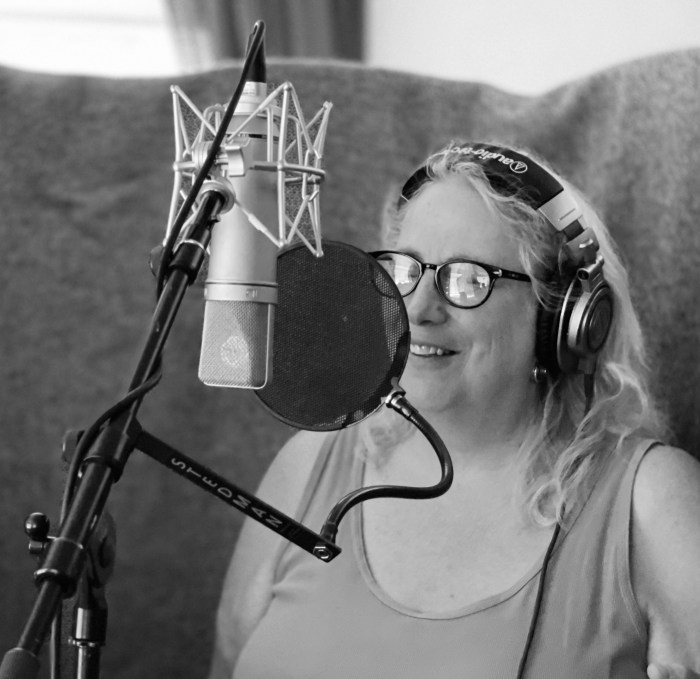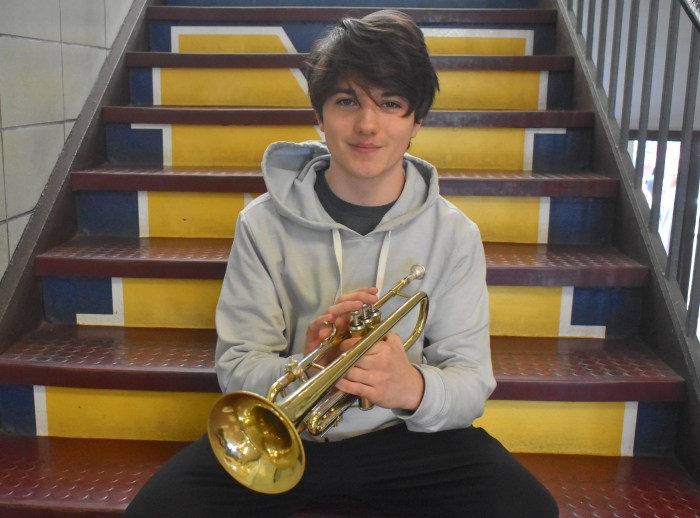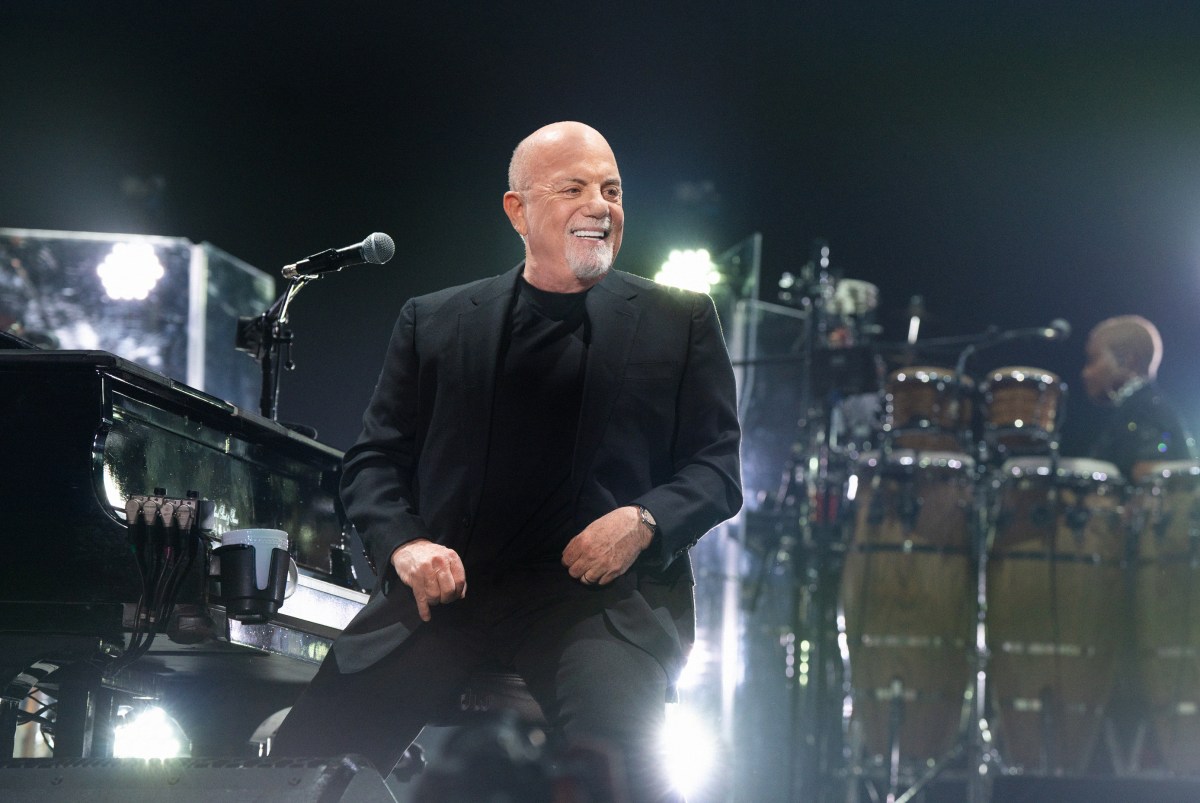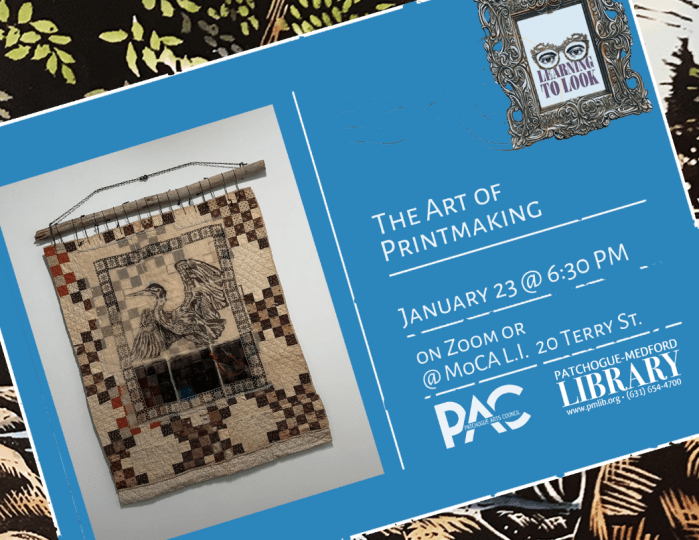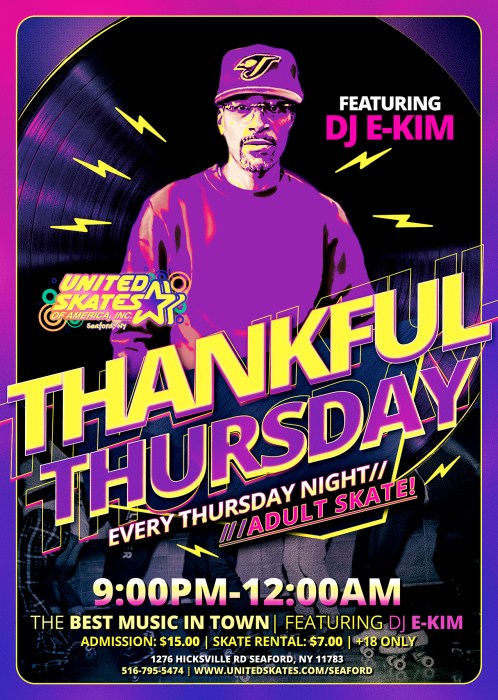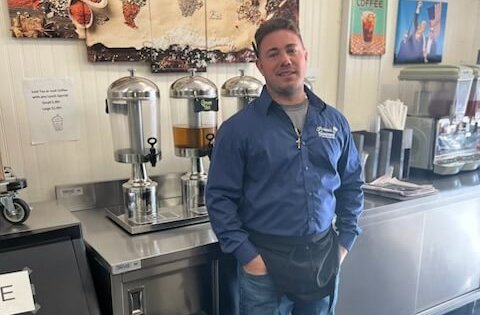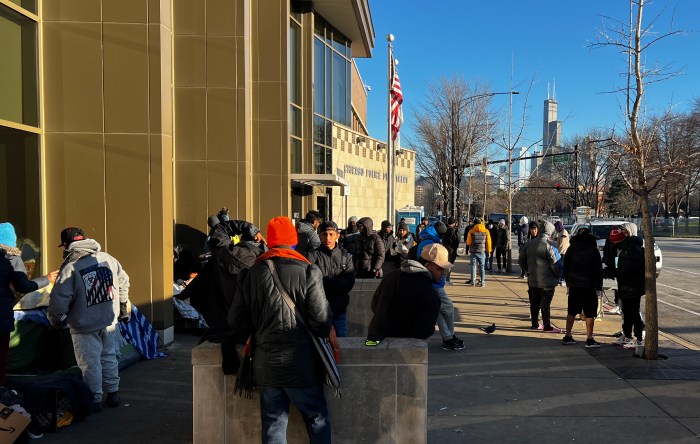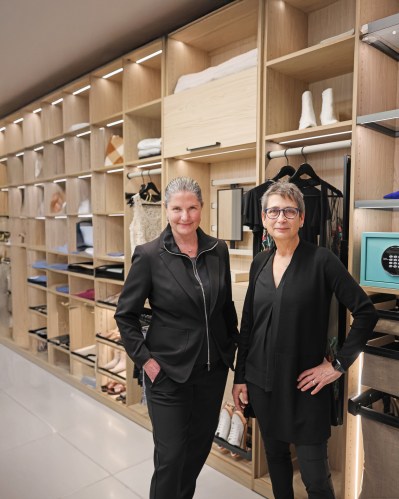In 1966, Bob Dylan was riding high. In just five short years, this obscure songwriter from small-town Minnesota had made his mark, first as the voice of folk music then to the balladeer of folk rock to finally, a limousine-riding rock superstar. On top of that, he journeyed to an unsuspecting Mineola to marry, at a public ceremony, the model Sara Lowndes.
Dylan also had a residence at Woodstock. One day, while riding his motorcycle, the helmetless Dylan crashed his bike. He survived, but it was a close call. Both James Dean and Duane Allman weren’t so lucky. Dylan didn’t stop recording. However, his touring days had ended. Dylan and his wife now had a family that eventually grew to four children. By 1974, the man was getting restless. The road beckoned. Best of all, The Band, the Canadian-based group that had accompanied his 1966 tour, had become stars. The first Dylan concert tour in eight years was underway.
Years later, Dylan, in his usual cryptic style, dismissed the January to March exercise. Members of The Band were equally unimpressed.
Maybe so. Dylan’s fans had been patient. So had the media. The tour was a cultural event. For a nation consumed by Watergate, it represented a welcome homecoming for its most prolific songwriter.
Dylan, now 33, remained on the cutting edge of cultural trends. The tour worked. Fifty years later, the man still performs. His peak years will always be when he played with Robbie Robertson (The Band’s leader) The 1974 tour came with great publicity. A Newsweek cover proclaimed, “Dylan’s Back!” Rolling Stone dedicated several issues to the tour. Arenas in large cities throughout the country were sold out. A book by John Pickering and a compilation of the Rolling Stone articles were published.
The set started with Dylan and The Band playing a string of rockers, followed by a solo acoustic set, a performance by The Band’s greatest hits and a return to the style that opened the show.
The electric set included “Lay Lady Lay,” “Rainy Day Women No. #12 and #35,” “Knockin’ On Heaven’s Door,” “It Ain’t Me, Babe,” and “Ballad Of A Thin Man.” Acoustic numbers were “Don’t Think Twice, It’s All Right,” “Just Like A Woman,” and “It’s Alright Ma (I’m Only Bleeding),” The Band ran through “The Night They Drove Old Dixie Down,” “The Weight,” “Rag Mama Rag,” and “Stage Fright.” (Such critics as Nat Hentoff thought The Band’s sets were the showstoppers.)
The final set ended on a conventional note. “Like A Rolling Stone” closed the show, an electric rendition of “Blowin’ In The Wind” was the final encore.
The 1974 tour was a pace setter in several ways. It played to arenas only, selling those 18,000 or more capacity venues. It began the sentimental habit of fans lighting electronic candles in the darkness, waiting for the encores to start. There were politics involved. “It’s All Right” featured a line, “Even the President of the United States/Sometimes must have to stand naked,” one that drew a big applause from young people who had soured uniformly on President Nixon. Numerous celebrities—-Ringo Starr, Jack Nicholson, Carole King, Warren Beatty and Dylan’s old flame, Joan Baez—flocked to the Los Angeles gigs. There were the books and a live album, Before The Flood, a double-disc product quickly hailed as the best such track yet to be released.
The Dylan mystique worked. These tours were not spoiled by excess drugs and alcohol, not to mention fights and rioting.
Along the way, Dylan made a friend for life. During the Atlanta stop, the man paid a visit to the governor’s mansion. Jimmy Carter was serving his final year as the Peach State’s chief executive. Carter’s son, Chip, was a huge Dylan fan.
Dylan and Carter bonded. No one considered Carter to be presidential material. Rolling Stone reported that the Georgia governor might be a vice-presidential hopeful. Three years later, Carter, now President, quoted his new friend during his inaugural address. “As Bob Dylan sang, he who is not being born is busy dying.”
It was a meeting of giants. In 2002, Carter won the Nobel Peace Prize. Fourteen years later, Dylan was awarded a Nobel for literature. The two have remained friends and confidants.
On The Road Again: Dylan’s 1974 Comeback Tour
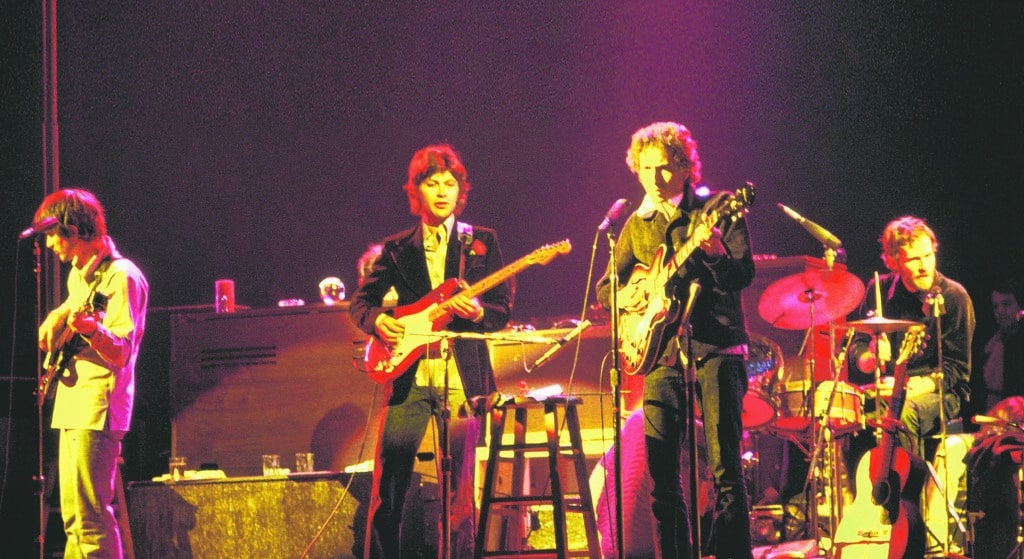
Bob Dylan and The Band touring in Chicago, 1974.
(Image via Jim Summaria, Wikimedia Commons)




